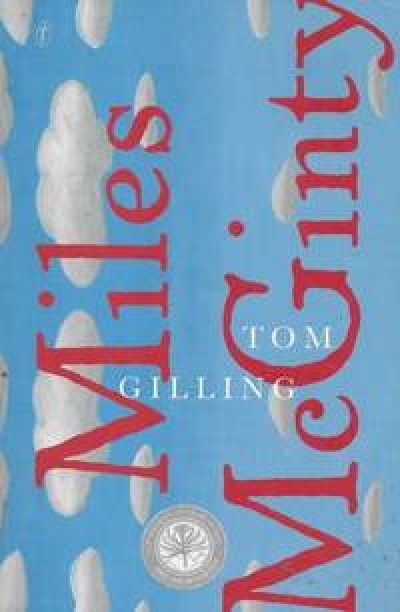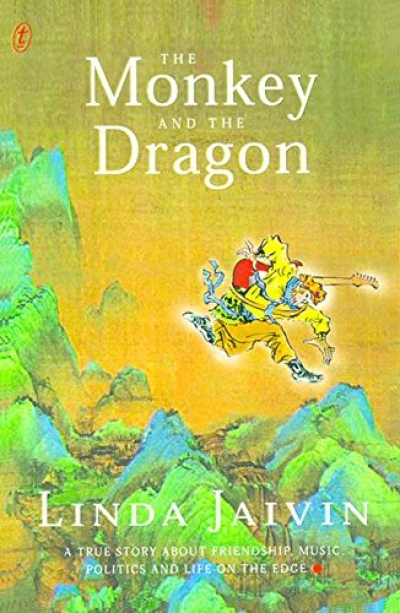Archive
Bauman’s point of departure
Dear Editor,
Boris Frankel bursts in through open doors. He gives Zygmunt Bauman and me stick for speaking our truths (ABR, October 2001). Viewed in its own terms, what remains of the Left in Australia is in a bad way because it has failed (1) to clarify its ethics, norms and values and (2) to develop alternative visions and policies upon them; because (3) there is no popular bearer or social movement available to carry these invisible ends; and (4) because there is no evidence of popular support for a new society, present unhappiness and misery notwithstanding. If this is not modern, what is it? (If the Soviet and Nazi experiences were not modern, what were they?)
... (read more)Death and bereavement come to us all, often as the most challenging experiences of our lives. In the end, we must all confront the inevitability of our own mortality. A study of dying and responses to death takes us to the heart of the history of any culture, and sharpens our understanding of the meaning of our lives. Despite the significance of death in human life, Ken Inglis and other scholars observed in the twentieth century ‘a modern distaste for the physical facts of mortality and a modern aversion to the darkness of mourning’. Only in the last twenty years has the taboo on death begun to lift. Public and academic concern has been stimulated by the AIDS epidemic, by debates about euthanasia, palliative care, and suicide rates, and by medical technology’s increasing interventions to prolong life. However, historians in Australia have been slower to participate in this discussion than colleagues in France, the USA, and Britain, especially for the nineteenth century. My own contribution is a book entitled Australian Ways of Death: A social and cultural history 1840–1918, and this essay tells an essential and distinctively Australian part of that story.
... (read more)







